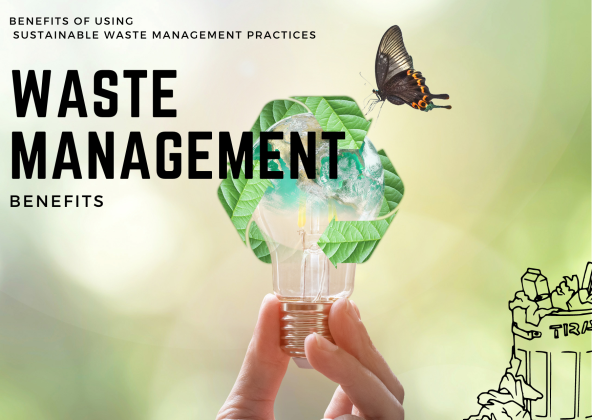---
Title: Waste Management: Turning Trash into Treasure
In a world that produces over 2 billion tons of waste each year, managing what we throw away has become one of the most pressing challenges of our time. Waste management is not just about collecting garbage—it's about how we handle, reduce, reuse, and recycle the materials we consume daily.
Why Is Waste Management Important?
Improper waste disposal leads to pollution, harms wildlife, contributes to climate change, and threatens human health. Overflowing landfills release methane, a potent greenhouse gas. Plastics end up in oceans, choking marine life and contaminating our food chain. Simply put, how we manage waste directly affects the environment and our quality of life.
The 5 Rs of Waste Management
To tackle the problem effectively, we can follow the 5 Rs framework:
1. Refuse – Say no to unnecessary items, especially single-use plastics.
2. Reduce – Cut down on what you consume to minimize waste production.
3. Reuse – Find new ways to use items instead of throwing them away.
4. Repurpose – Turn old or broken items into something useful.
5. Recycle – Process used materials into new products, conserving resources.
Key Methods of Waste Management
Landfilling: The most common method, though not the most sustainable.
Incineration: Burns waste to reduce volume, sometimes generating energy, but can cause air pollution.
Recycling: Converts waste into new materials, reducing the need for raw resources.
Composting: A natural process that breaks down organic waste into nutrient-rich soil.
Challenges in Waste Management
Lack of public awareness and participation.
Inadequate infrastructure in many cities.
Improper segregation of waste at the source.
Pollution from landfill leachate and incinerator emissions.
What Can You Do?
Separate your waste into dry, wet, and hazardous categories.
Avoid products with excessive packaging.
Support and participate in local recycling and composting initiatives.
Educate others about responsible waste habits.
Conclusion
Waste management isn't just a responsibility of governments and municipalities—it's a collective duty. Small actions, when multiplied across millions of people, can lead to massive positive changes. By treating waste as a resource rather than a burden, we pave the way for a cleaner, healthier planet.
--

